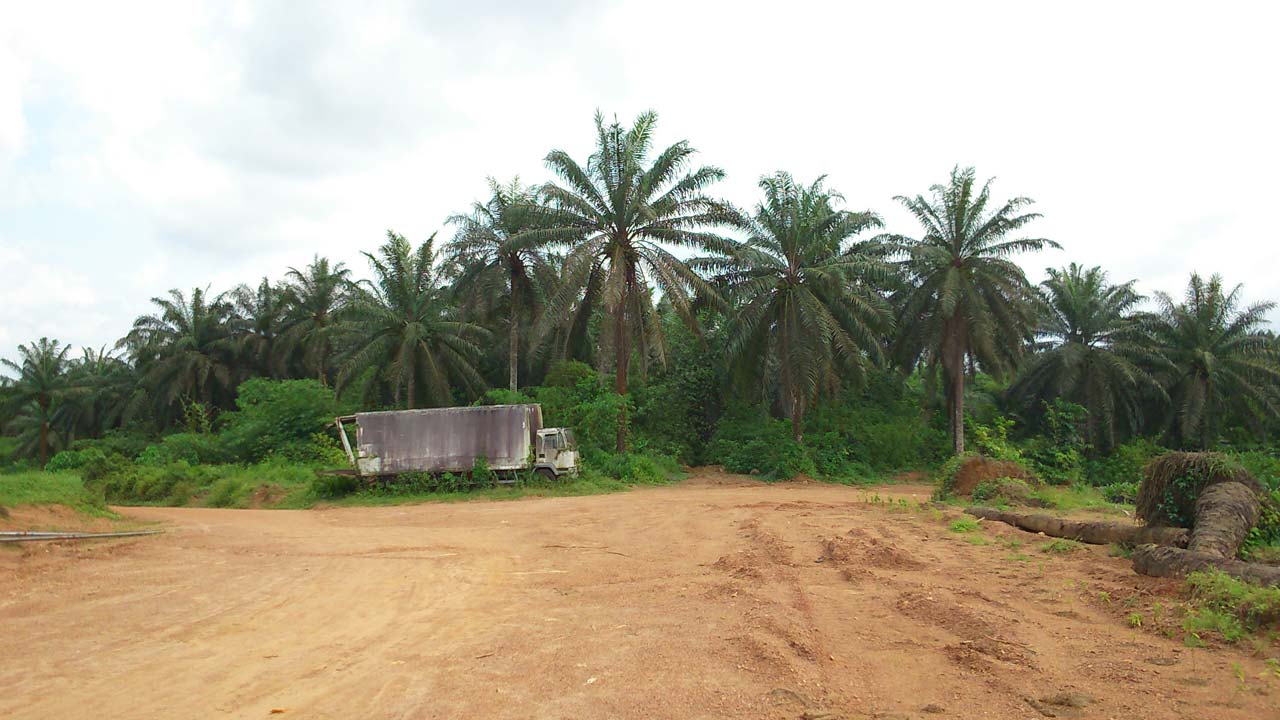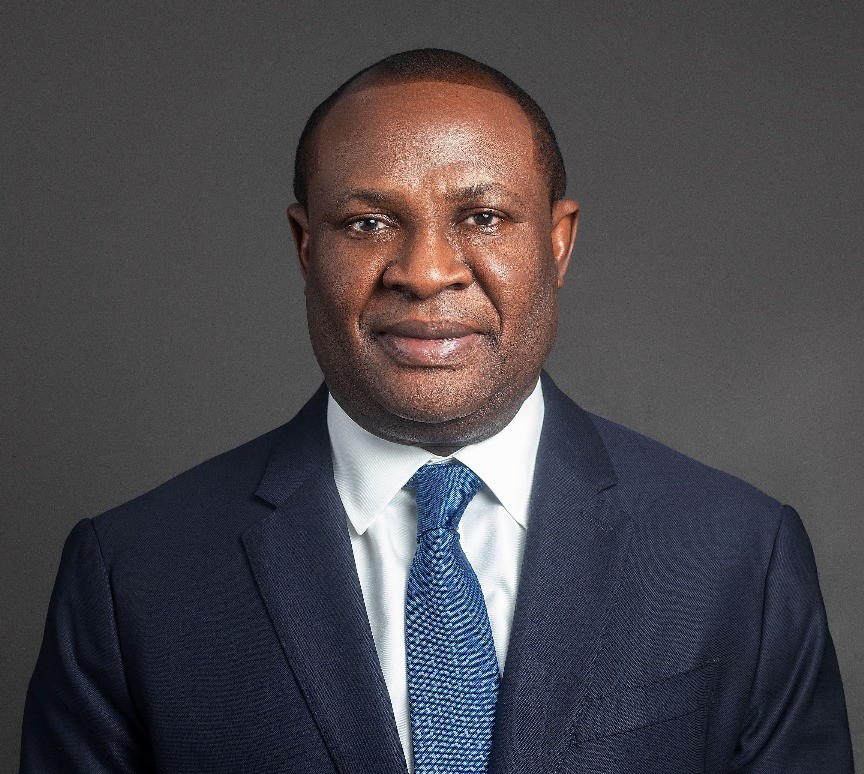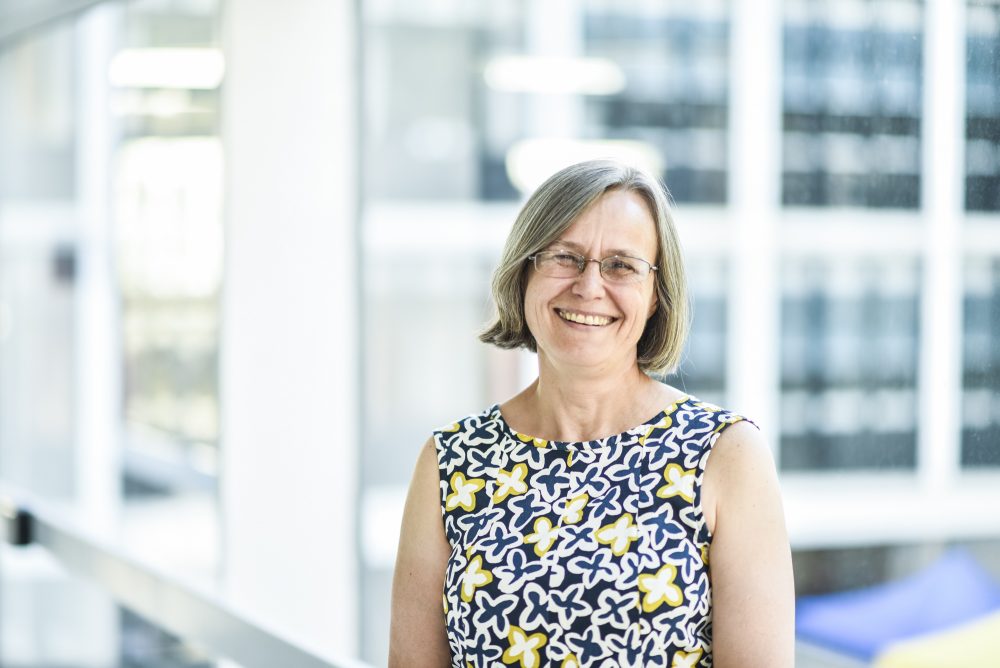Built environment professionals have called for renewed programmes that would enhance transparency, accountability, and equity in land administration towards optimum development and economic values for Nigerians.
They also stated that community rights, land control, and financial stability is a crucial issue that requires urgent attention from policymakers, human rights advocates, development organisations and land administrators.
Speaking at the 29th Conference of Directors of Lands in Abuja, Prof Terzungwe Dugeri of the University of Jos explained the challenges in subsisting tenure systems and weak institutions could be traced to their evolution and political history.
Dugeri observed that these have failed to meet the aspirations of the majority of Africans and indeed severely impact community rights, adding that good land administration remains the only hope for helping citizens to adapt and survive in the modern economy.
“Land is a resource of primary impact and by its nature and function, it remains basic for all societies even among the most advanced economies of the world. It is not far-fetched how it has fascinated mankind over the ages and perceived by different societies,” he added
The university don is hopeful that the desire to sustain rights, promote productivity, and social well-being of citizens has remained the most potent force for the constant resetting of the man-land relationship through land laws and policies.
Another expert, Mrs Rofikat Odetoro, in a paper on “Economic Analysis of Sustainable Land Use Practices for Climate Change Mitigation,” called for sustainable land management, and improved soil health through conservation tillage and cover cropping to boost carbon storage.
Odetoro argued that by implementing sustainable land management practices, communities can enhance resilience to climate impacts, while promoting a sustainable low-carbon future, as well as integrate trees into agricultural systems to sequester carbon and enhance biodiversity.
“Accessing finance systems like green climate fund can bolster projects focused on climate mitigation/adaptation. Community-based financing through microfinance initiatives and cooperatives can also play a crucial role and project management skills,” she explained.
Speaking on “Community Rights and Land Governance” Olawale Ojikutu, said postulated land and buildings are the most significant asset of any community, saying, feuds between families, and adjoining communities can be traced back to claims over inheritance, and rights.
He stressed that the concept emphasises the importance of recognising Indigenous and local population rights to their ancestral land, as well as practices that ensure local communities have a say in the management and use of land resources.
For Prof Mohammed Al-Amin of the Ministerial Task Team on Land Reform, developing a blueprint that will aid the sustainable implementation of much-needed reform will be necessary to streamline land administration and ensure easy, cost-effective access to land.






